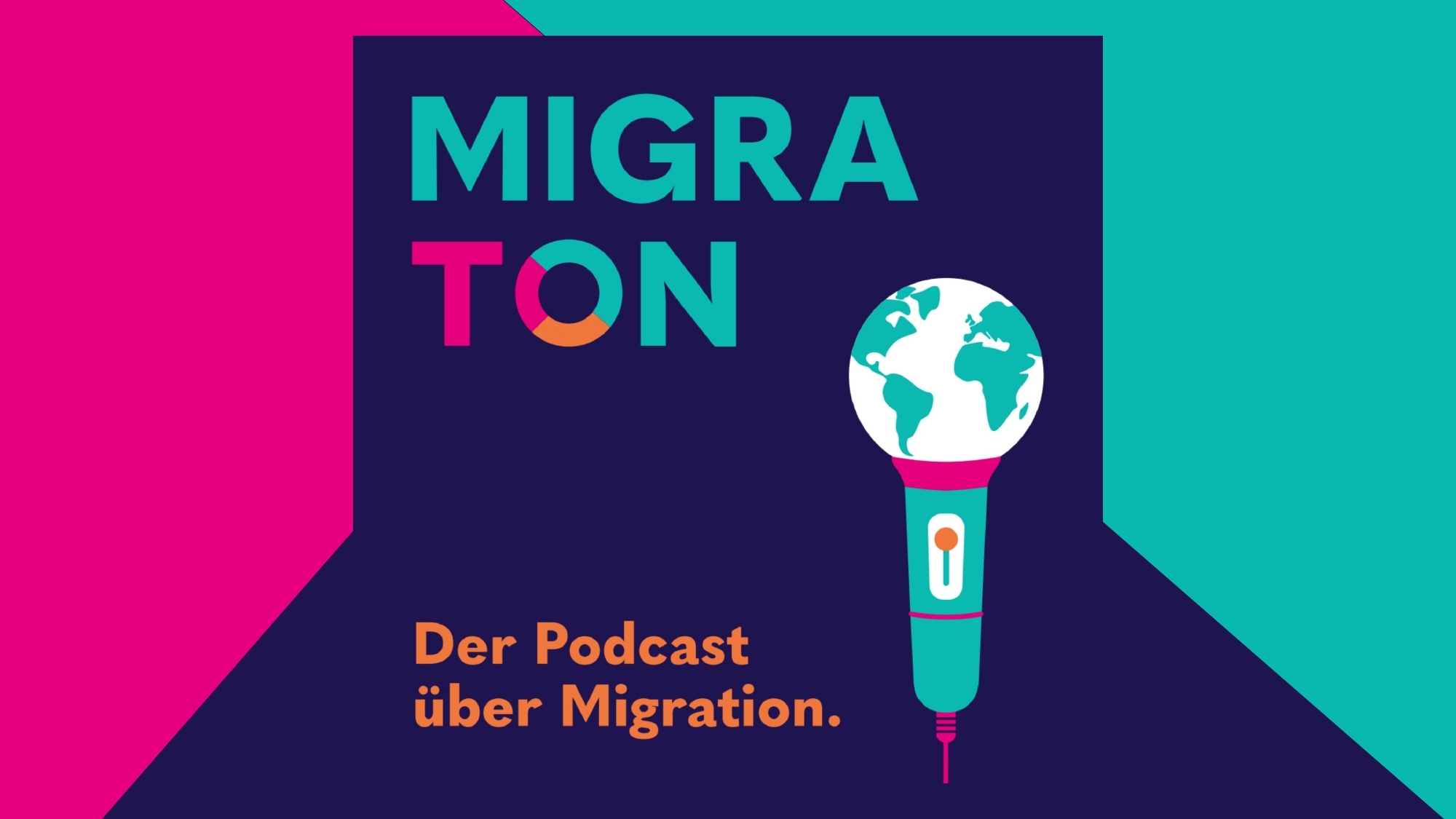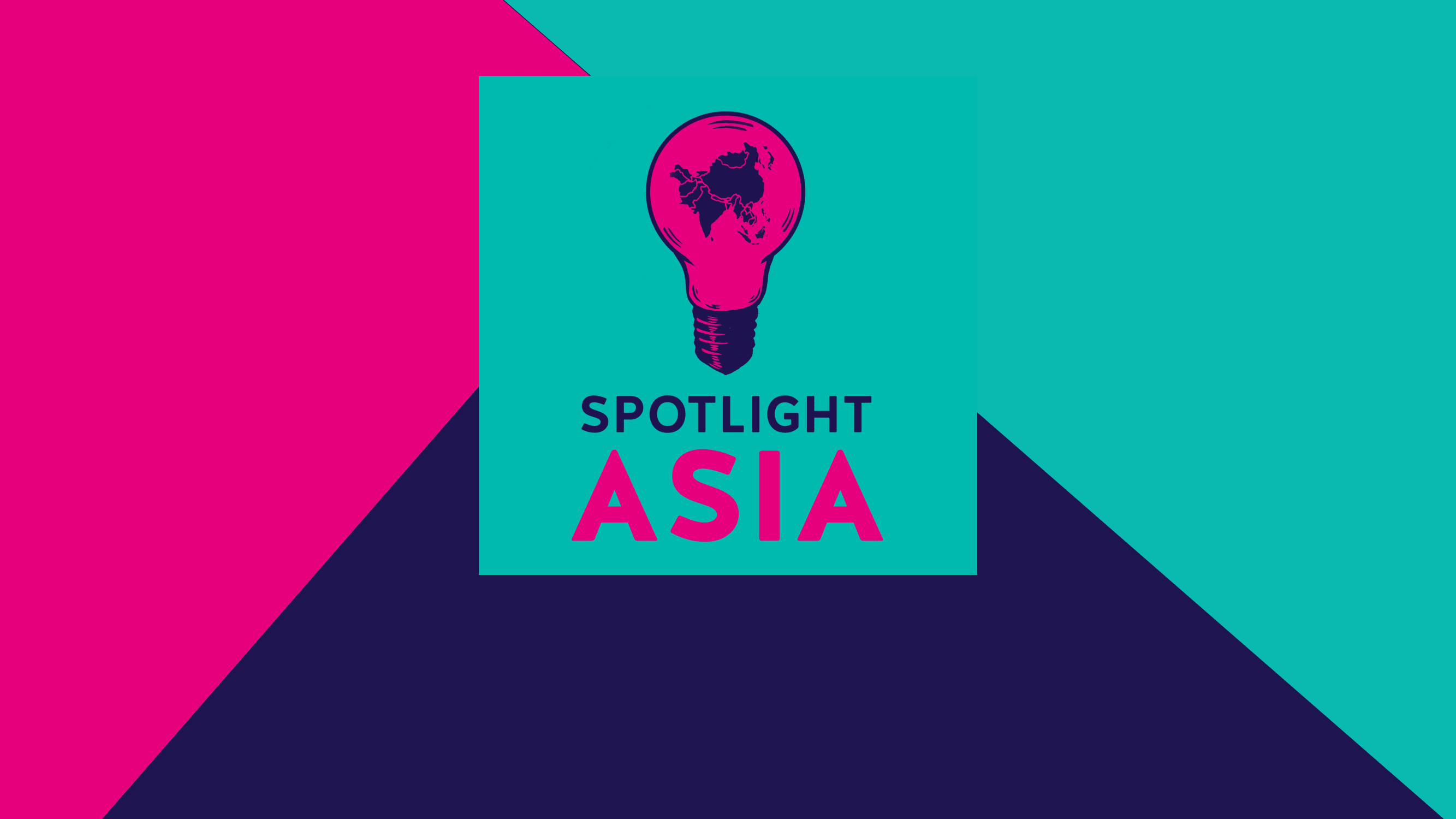An Afghan Postcolonial Perspective on Germany’s Strategy to a feminist Development Policy
Following our kick-off event “Rights, Resources, Representation – Focusing on the New BMZ Strategy for a Feminist Development Policy” in our event series on Feminist Development Policy, we want to discuss the BMZ’s strategy on a feminist development policy from a postcolonial point of view. Through a postcolonial lens, we will critically question whose voice is heard and who is visible and dominant in the strategy’s conception and in the public discourse concerning the strategy’s guidelines. Further, we would like to gain insights into the field of actors that took part in the strategy’s conception and in how far civil society actors and marginalized groups have been acknowledged and included. By asking these questions we aim to understand blind spots and (neo-)colonial practices as well as to reveal gaps and weaknesses of the BMZ’s strategy.
To ensure an inclusive and comprehensive postcolonial perspective, we would like to give room for local NGOs and actors that play an important role in Germany’s development policy. After suspending development aid, the German government plans to resume a large part of its aid programs under the condition that girls and women necessarily benefit from the finance development projects. Thus, projects have to be in line with the BMZ’s principle “with women, for women”. In this regard, we are looking forward to take a critical look from an Afghan standpoint. We would like to step back and leave the space to local NGOs and actors to learn more about local experiences, their situation, perspectives and related issues. Lastly, we would like to discuss the relevance of the BMZ’s strategy for local NGOs and actors as well as about their assessment of the strategy’s possible opportunities, blind spots and downsides as well as to multiply this knowledge through Polis180 work.
The Polis180 programs Gender and International Politics and De_Constructing Development warmly invite you to a virtual panel discussion based on short inputs followed by an exchange of views in order to critically examine Germany’s foreign policy reorientation from a postcolonial perspective. The event will take place in English.
We are very happy to welcome
Humaira Razuli: She is an Afghan human rights lawyer and women empowerment activist. Humaira started her social justice journey at the age of 16 when she was an Afghan refugee in Pakistan. For 14 years, she led Medica Mondiale, a German-based NGO program in Afghanistan, where she oversaw teams of lawyers and mental health professionals across five provinces to serve, assist, and empower tens of thousands of women and girls affected by the war and crisis. In 2018, Humaira co-founded Woman for Justice Organization (WJO) to better safeguard women’s rights by strengthening the state’s institutional response and accountability to violence against women using legal strategies, pushing for law reform, training the emerging advocates, and conducting peace advocacy. For her contributions to the Afghan women’s rights movement, she has received several national and international awards, including the 2021 Asia Democracy and Human Rights Award.
and
Suraya Pakzad: She is a human rights activist, the founder of Voice of Women organizations and one of TIME’s 100 most influential people in 2009. She worked through many challenges and obstacles in her more than two decades of activism to empower and protect Afghan women and girls. Her efforts and struggle have been recognized by national and international organizations, from Women of Courage (2008) and numerous other prominent awards and medals, which has been made her more committed and responsible in her cause to continue protecting women and girls. She believes that no woman and girl should be deprived of their rights.
to this event.
Please register using the form on this page. Shortly before the meeting, we will send you the zoom link at the email address provided.
Buchungen sind für diese Veranstaltung geschlossen.

